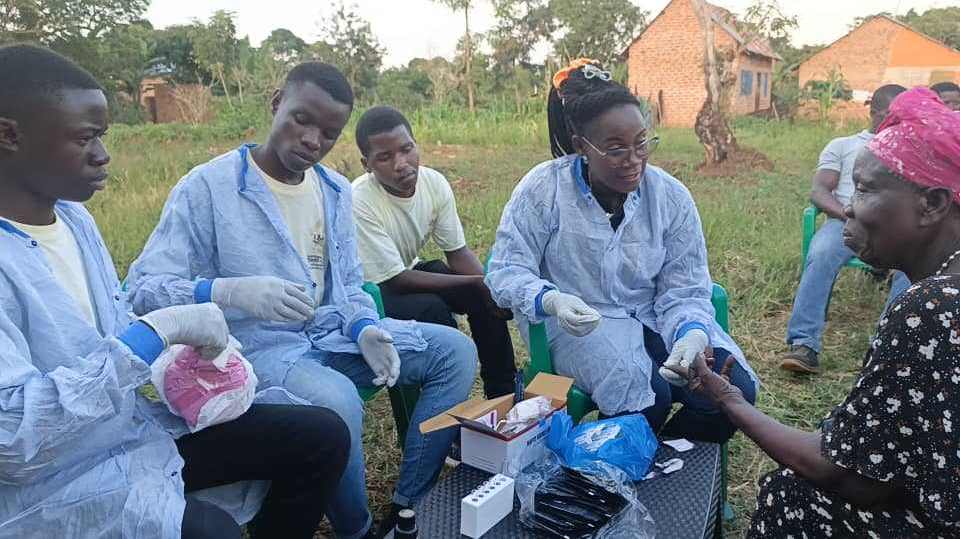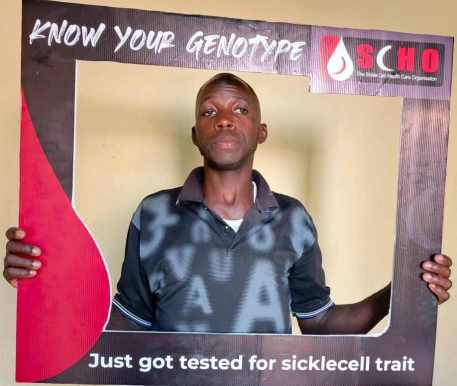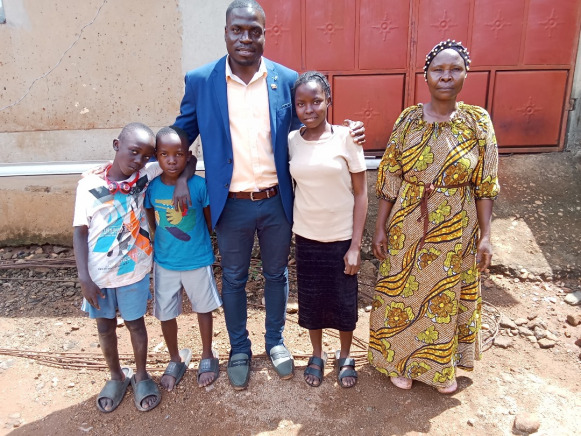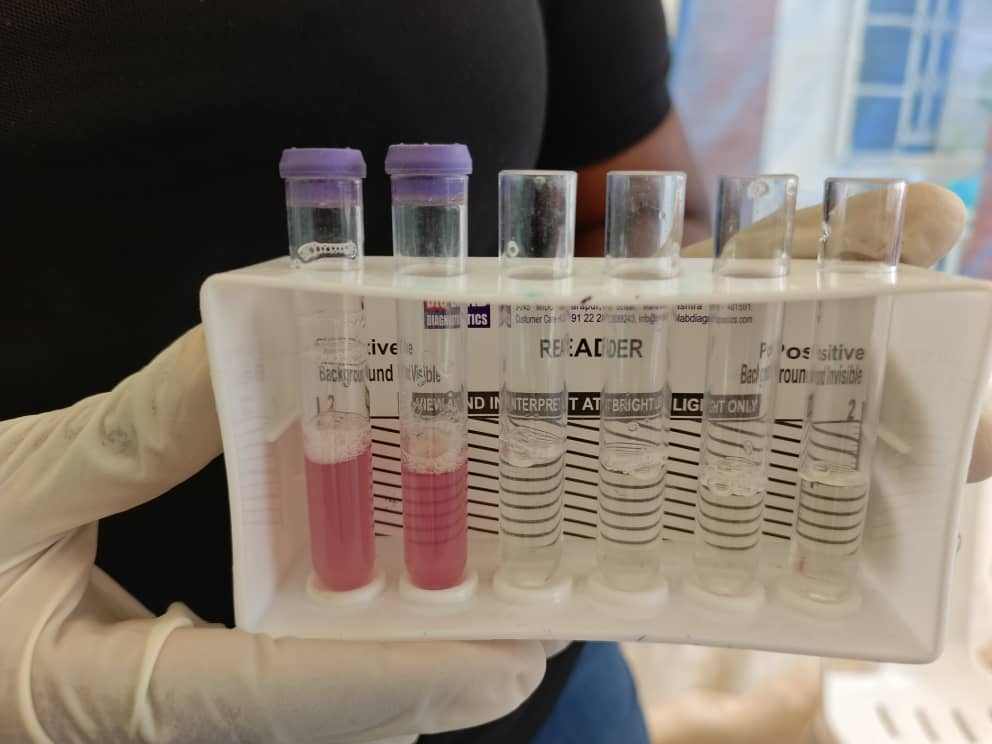SICKLECELL HEALTHCARE ORGANISATION
(SCHO)

Community Engagement
We actively engage with the community to raise support and awareness about sickle cell disease. Our outreach programs aim to educate , advocate for patients and care takers while carrying out free tests for sickle cell trait as we envision a no new case generation for SCD.
Staff trainng and Education
COMPREHESIVE
Healthcare Services
Education is vital for managing sickle cell disease. We encourage our staff to access crucial information about the condition, treatment options, and lifestyle modifications that can enhance the well-being of patients. this in turn helps us create a well informed team that can respond to all patient questions in the field.
Information and Assistance
We provide comprehensive sickle cell diseses information steming from what the disese is , crisis managemnet and prevention, nutritional tips and going into detail for all sickle cell disese complications that includes regular posts on socialmedia, pain management and emergency services.
Our experienced medical team is dedicated to addressing the complex health needs of sickle cell patients, ready to give free online consultaion aadvising and recommending doctors and health centers for further treatmentsin both private and public settings..
BOOK A FREE TEST TODAY
By filling the form , you are helping us gather essential information that will aid in providing you with the best care and support during the testing process. Your data will remain confidential.
Our Patients Speak

Empowered Living
“Banange Eno bukya tutandika kusoma term esose ogugimalako nga tetufunye buzibu.bamikwano katonda akibabalire abatekawo oba katonda beyakozesa okufuna obujanjabi obulungi abansasulire ekijude we love you.”

A Journey to Wellness
“I am grateful for the exceptional care daughter and son received at Sickle Cell Health Care Organisation. The staff was not only knowledgeable but also incredibly supportive during my treatment journey.”

A Supportive Community
“Sickle Cell Health Care Organisation provided me with a community of support that I never knew I needed. Connecting with others from disc golf Uganda who understand my experiences has been invaluable.”


